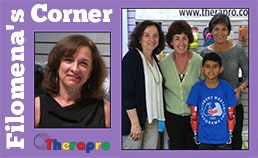 Eleven-year-old Ahmad, who as an 8-year-old suffered trauma in Aleppo, Syria, that left him with bilateral transhumeral upper limb differences, captivated us. Today’s seminar, presented by Ahmad, his occupational therapist, Sheila Kearney, MS, OTR/L, and physical therapist, Julia O’Connell, PT, was entitled: Syrian Boy with Bilateral Upper Limb Differences Learns to Negotiate Daily Life in America. Attendees were spellbound by Ahmad’s story that took us from his and his dad’s arrival in the USA 3 years ago, his experiences to date, and plans for the future. His therapists work as a cohesive unit with his school and family with the goal of assimilating him into American life as a fully functional boy at home, at school, and in the community. Both Sheila and Julia have extensive experience in a variety of pediatric settings. They met Ahmad through the Sharon, MA public schools, where he is a student.
Eleven-year-old Ahmad, who as an 8-year-old suffered trauma in Aleppo, Syria, that left him with bilateral transhumeral upper limb differences, captivated us. Today’s seminar, presented by Ahmad, his occupational therapist, Sheila Kearney, MS, OTR/L, and physical therapist, Julia O’Connell, PT, was entitled: Syrian Boy with Bilateral Upper Limb Differences Learns to Negotiate Daily Life in America. Attendees were spellbound by Ahmad’s story that took us from his and his dad’s arrival in the USA 3 years ago, his experiences to date, and plans for the future. His therapists work as a cohesive unit with his school and family with the goal of assimilating him into American life as a fully functional boy at home, at school, and in the community. Both Sheila and Julia have extensive experience in a variety of pediatric settings. They met Ahmad through the Sharon, MA public schools, where he is a student.
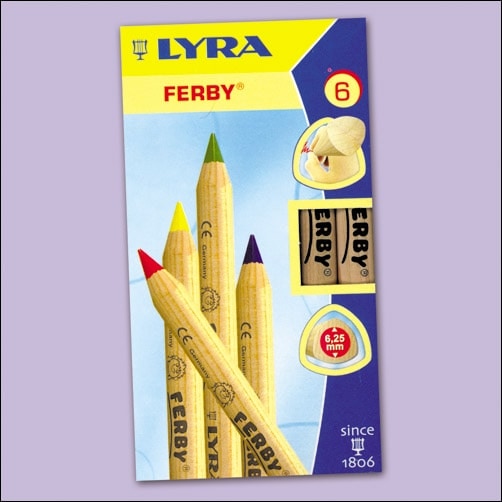 The therapists provided the framework for Ahmad’s journey through their PowerPoint and video presentation. Hearing about Ahmad’s experiences in his words and demonstrations on how he manages his daily life enriched the seminar infinitely and brought to life the reality of the challenges he faces on a daily basis. Behind the current functional capabilities were months of trial and error, frustration, and success guided by his therapists and sometimes, with his self-designed adaptations. Observing as he demonstrated donning a jacket, writing with Ferby Triangular Colored Pencils, cutting with a knife, scooping from an Inner Lip Plate, pouring himself a drink, and eating a peanut butter sandwich seemed satisfying for him. Ahmad uses a Slant Board to facilitate writing activities. He tried out and loved using Mounted Table Top Scissors today, which provided stability as the scissors were fixed to a plastic base with nonslip pads. Simple materials like Closed Cell Cylindrical Foam, and Velcro Self Adhesive Tape are simple materials that can be used in creative ways to facilitate function for Ahmad. Hearing about his PT treatment for strengthening his upper body in preparation for function was moving. Ahmad has tackled daily life issues along with a talented therapy team who are always exploring new ways to adapt materials creatively to ensure full participation with his peers and siblings.
The therapists provided the framework for Ahmad’s journey through their PowerPoint and video presentation. Hearing about Ahmad’s experiences in his words and demonstrations on how he manages his daily life enriched the seminar infinitely and brought to life the reality of the challenges he faces on a daily basis. Behind the current functional capabilities were months of trial and error, frustration, and success guided by his therapists and sometimes, with his self-designed adaptations. Observing as he demonstrated donning a jacket, writing with Ferby Triangular Colored Pencils, cutting with a knife, scooping from an Inner Lip Plate, pouring himself a drink, and eating a peanut butter sandwich seemed satisfying for him. Ahmad uses a Slant Board to facilitate writing activities. He tried out and loved using Mounted Table Top Scissors today, which provided stability as the scissors were fixed to a plastic base with nonslip pads. Simple materials like Closed Cell Cylindrical Foam, and Velcro Self Adhesive Tape are simple materials that can be used in creative ways to facilitate function for Ahmad. Hearing about his PT treatment for strengthening his upper body in preparation for function was moving. Ahmad has tackled daily life issues along with a talented therapy team who are always exploring new ways to adapt materials creatively to ensure full participation with his peers and siblings.
Currently Ahmad is using primitive UE prostheses that require strength and muscle activation. He removed his shirt and demonstrated how he activates them using shoulder girdle musculature. Ahmad looks forward to the next step in gaining more fine motor control with myoelectric prostheses, which will provide him with increased power and control. He looks forward to using the device glove with fingers, giving him the ability to use a 3 jaw chuck for better fine motor control than his current prostheses offer. In addition, it was exciting to hear that he is eligible for bilateral upper extremity transplants in the near future, with the decision resting with him and his parents.
The commitment and care that Sheila and Julia have provided for Ahmad have been critical for his assimilation into his new life in the US. It was a pleasure for all of us to share his journey. His future is bright with his parents and four siblings now together in the US. Intelligence, confidence, kindness, and charisma are just a few of the qualities that we saw in Ahmad. Seeing how he, his parents, therapists, and school staff work as a team to help him achieve independence is truly inspirational. He is meeting his challenges with bilateral upper limb difference head-on with determination and an indomitable spirit!
Here are a few appreciative remarks from attendees:
“The amount of adaptations are amazing. What a great team. I love how client driven it is.” – Patricia K., Occupational Therapist
“I would absolutely recommend this seminar to a colleague! This seminar was one of the best – especially because Ahmad was part of the presentation.” – Maura. M., Teacher
“I loved Ahmad telling his own story and supplemented by his therapists.” – Micaela C., Physical Therapist
“Very inspirational. Wonderful to see the student in action. So motivated!” – Beth M., Occupational Therapist
Thank you, Sheila, Julia, and of course, Ahmad!
Filomena Connor, MS, OTR/L
October 14, 2017

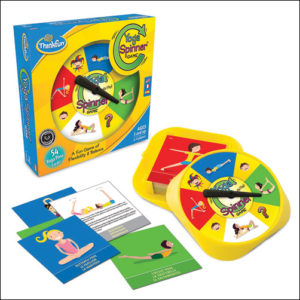
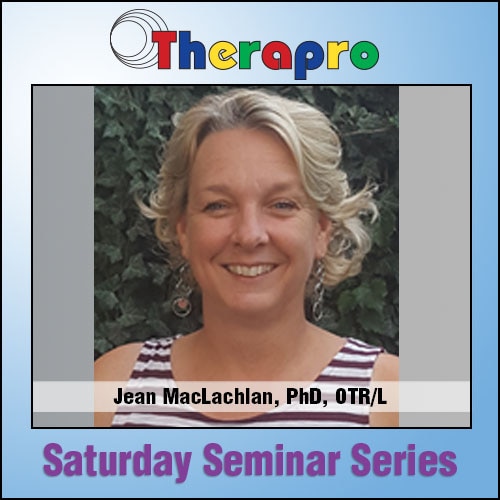
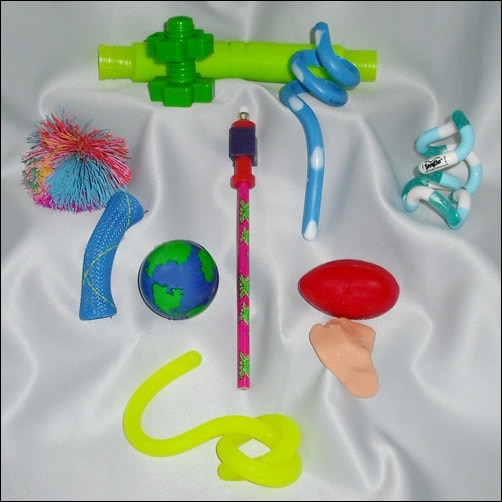
 Eleven-year-old Ahmad, who as an 8-year-old suffered trauma in Aleppo, Syria, that left him with bilateral transhumeral upper limb differences, captivated us. Today’s seminar, presented by Ahmad, his occupational therapist,
Eleven-year-old Ahmad, who as an 8-year-old suffered trauma in Aleppo, Syria, that left him with bilateral transhumeral upper limb differences, captivated us. Today’s seminar, presented by Ahmad, his occupational therapist, 